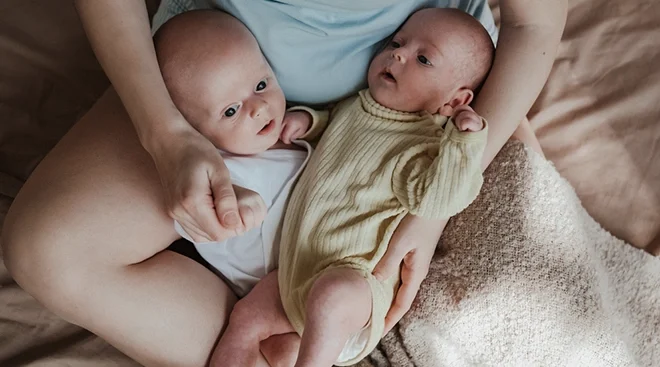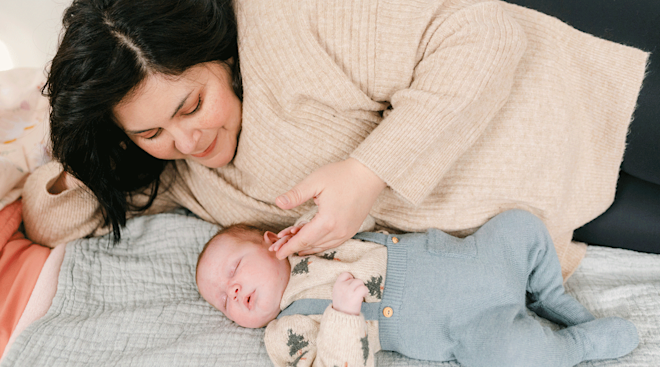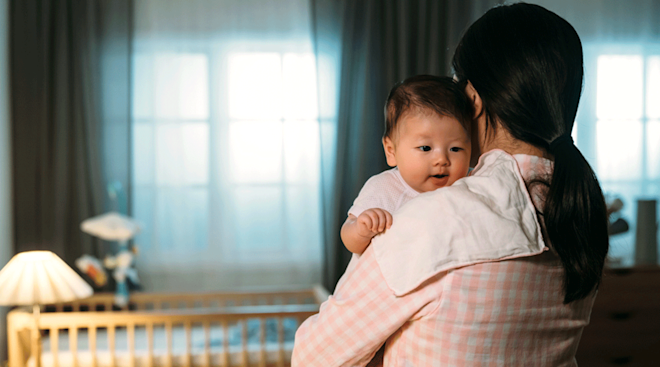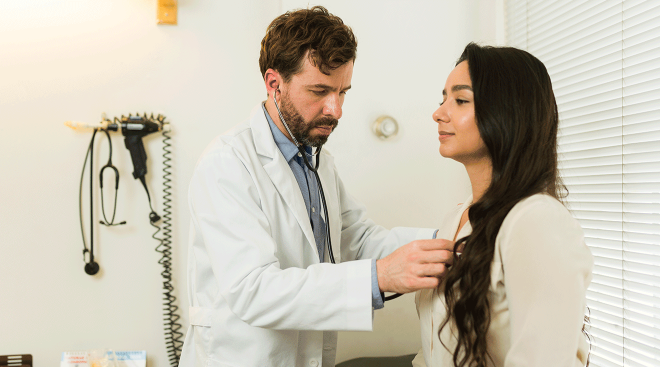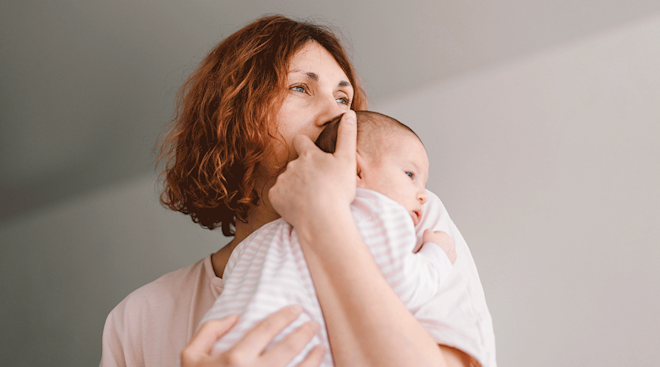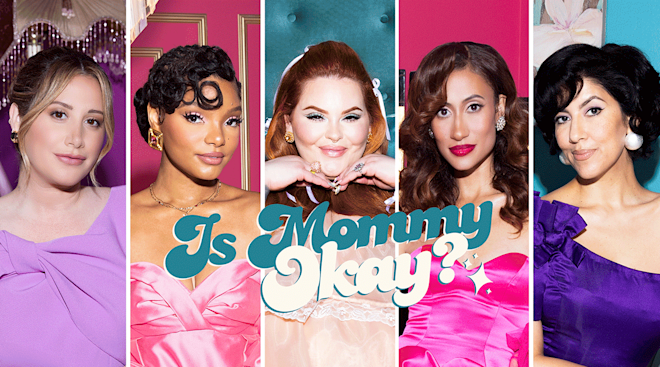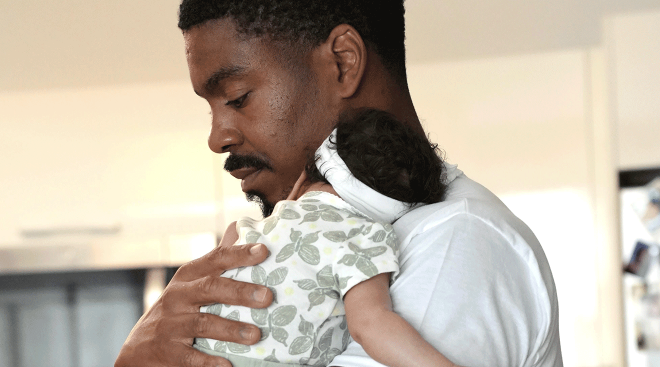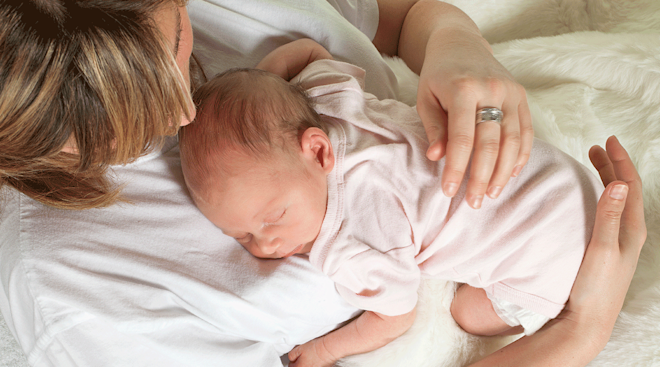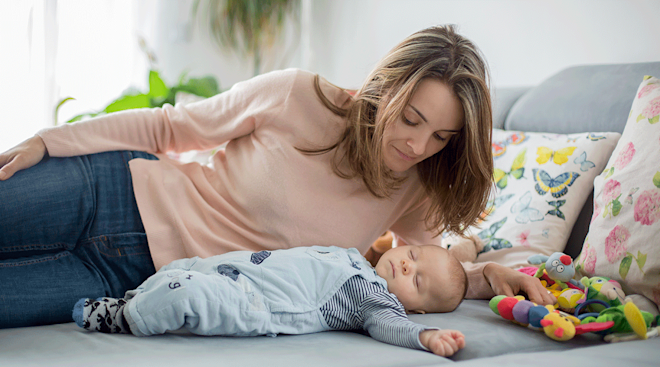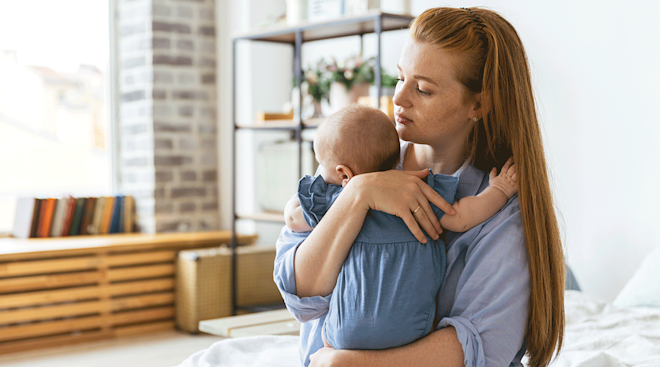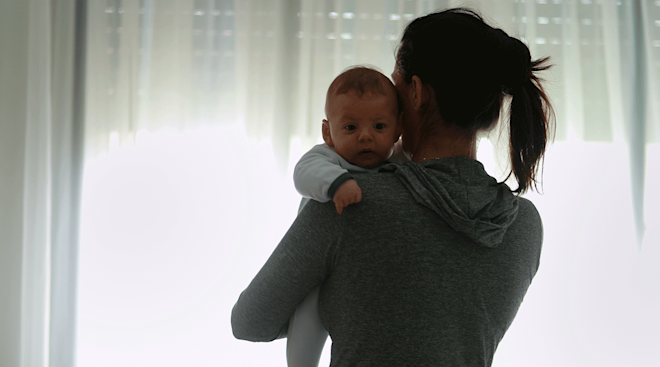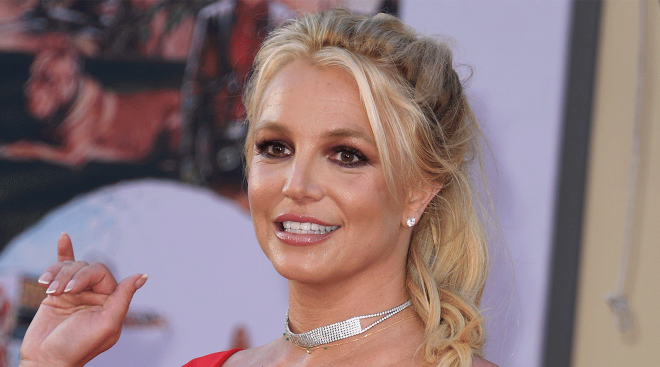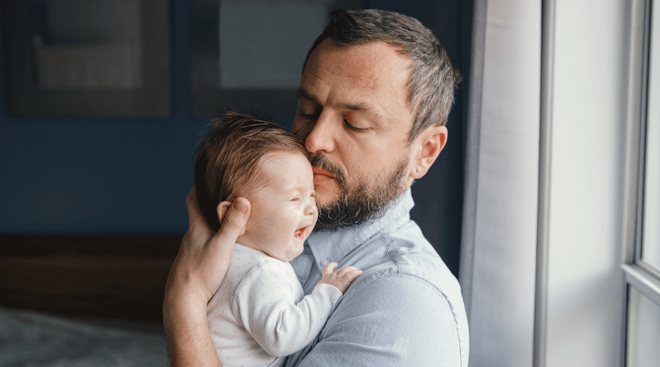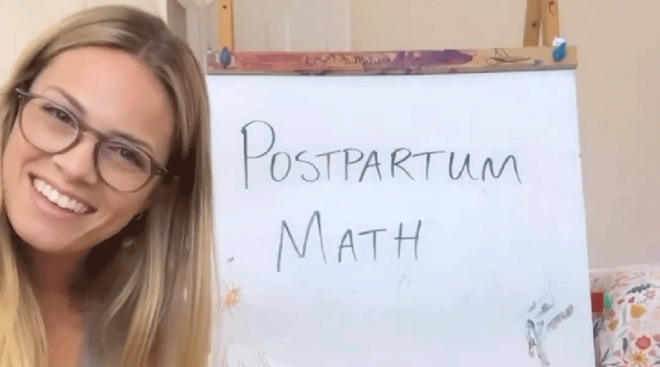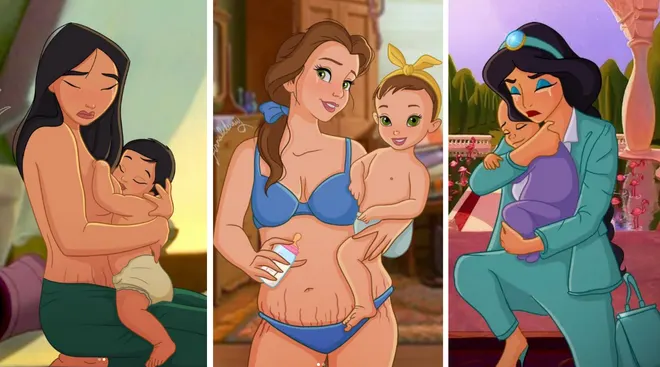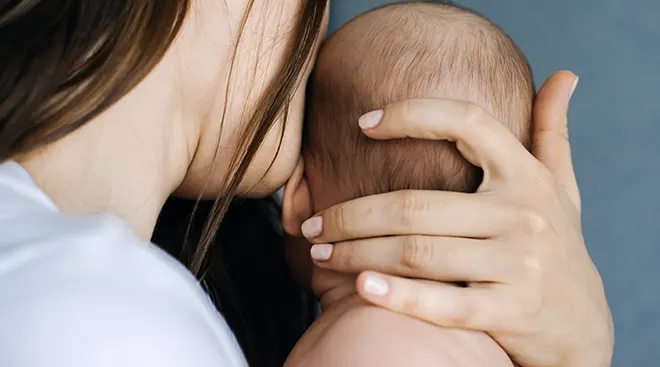New Study Identifies Women at Highest Risk of Postpartum Depression
Recent CDC research shows that about 1 in 8 women experience symptoms of postpartum depression. Of these women, only around 15 percent receive the care they need. To get more women the care they need before symptoms develop, researchers have now identified the groups at the highest risk of postpartum depression.
The University of Virginia (UVA) School of Medicine and Johns Hopkins University surveyed over 1 million mothers via the Flow App in the largest postpartum survey of its kind. According to the study’s senior author Jennifer L. Payne, MD, the findings are “highly significant and definitive. Most studies on postpartum depression are small and confined to a small region. This study answers questions about risk factors for postpartum depression from a worldwide sample,” said Payne in a press release.
Of the women who participated in the study, 18- to 24-year-olds self-reported the highest rate of postpartum depression of all the age groups at 10 percent. That rate then steadily declined by increasing age, dropping to 6.5 percent for 35- to 39-year-olds before rising slightly to 6.9 percent among women 40 and older. Postpartum depression was also observed to be significantly higher among first-time moms compared to women who already had children.
While there was no significant difference in the rates of postpartum depression between mothers of boys or girls, women who had twins were more likely to report postpartum depression (11.3 percent) compared with mothers of a single child (8.3 percent). This difference was especially pronounced among moms ages 40 and older. More than twice as many moms over 40 having twins (15 percent) reported postpartum depression symptoms compared to over 40 moms of one baby (6.6 percent).
Researchers reiterate that it’s essential to know who’s at the highest risk, not to scare moms or pass judgment on a particular group of women, but to provide game-changing preventative care.
“Most women with postpartum depression are not diagnosed or treated. Clinicians caring for new mothers can be aware of factors like age, first pregnancy and twin pregnancies that put women at a higher risk of developing postpartum depression and screen and intervene early,” Payne said. “Early intervention can prevent the negative outcomes associated with postpartum depression for both mothers and their children.”
If you are part of a high-risk group or worry that you’ll experience postpartum depression, know you aren’t alone. Learn ways you can establish an emotional support group and learn more about recognizing the signs and symptoms of postpartum depression. You can also reach out to the Maternal Mental Health hotline at 1-833-943-5746, where you can talk or text with a trained counselor about things you may be struggling with.
The Maternal Mental Health Hotline isn’t intended as an emergency response line; if you’re experiencing a behavioral health crisis, please contact the National Suicide Prevention Lifeline at 988.
Please note: The Bump and the materials and information it contains are not intended to, and do not constitute, medical or other health advice or diagnosis and should not be used as such. You should always consult with a qualified physician or health professional about your specific circumstances.
Navigate forward to interact with the calendar and select a date. Press the question mark key to get the keyboard shortcuts for changing dates.

































